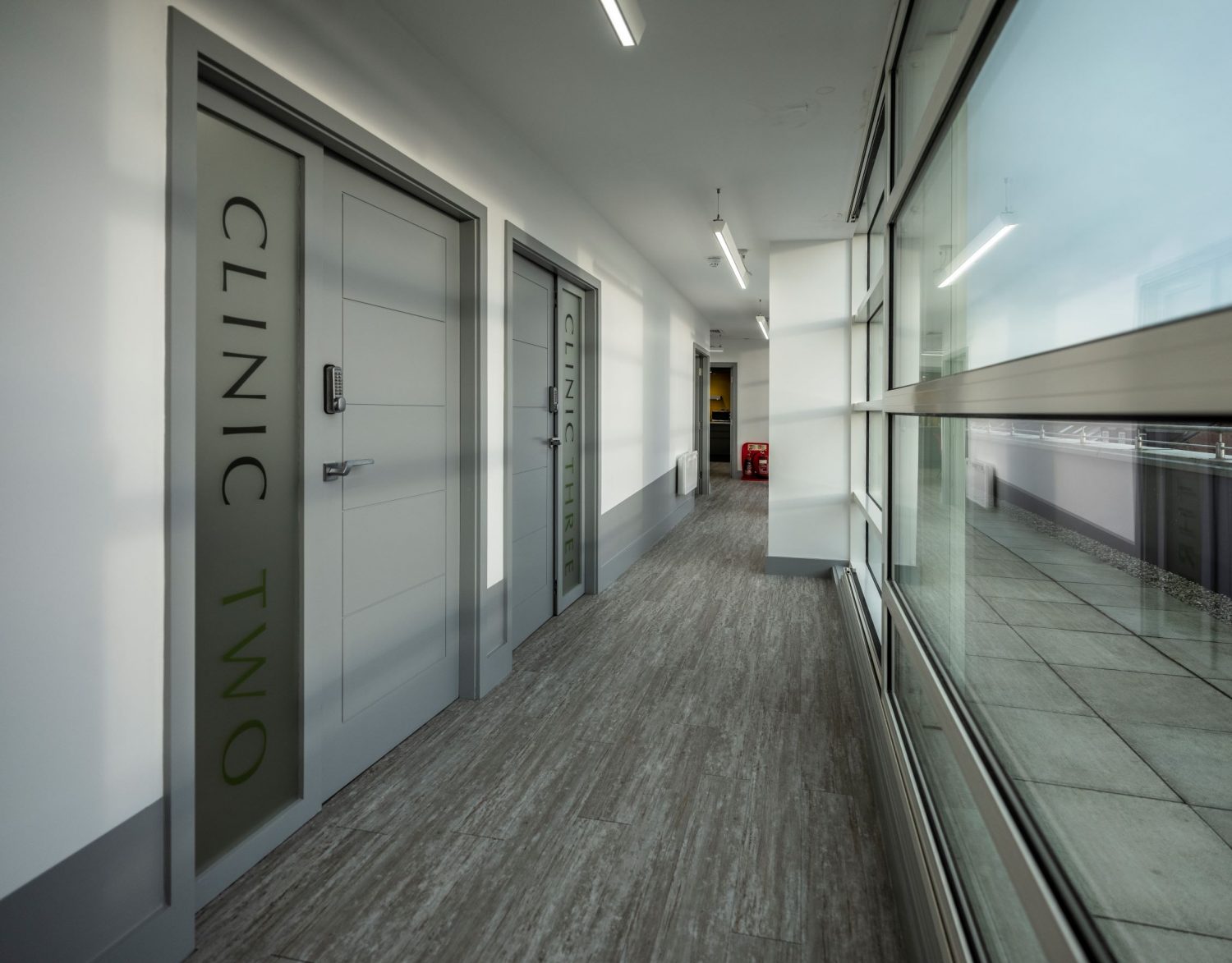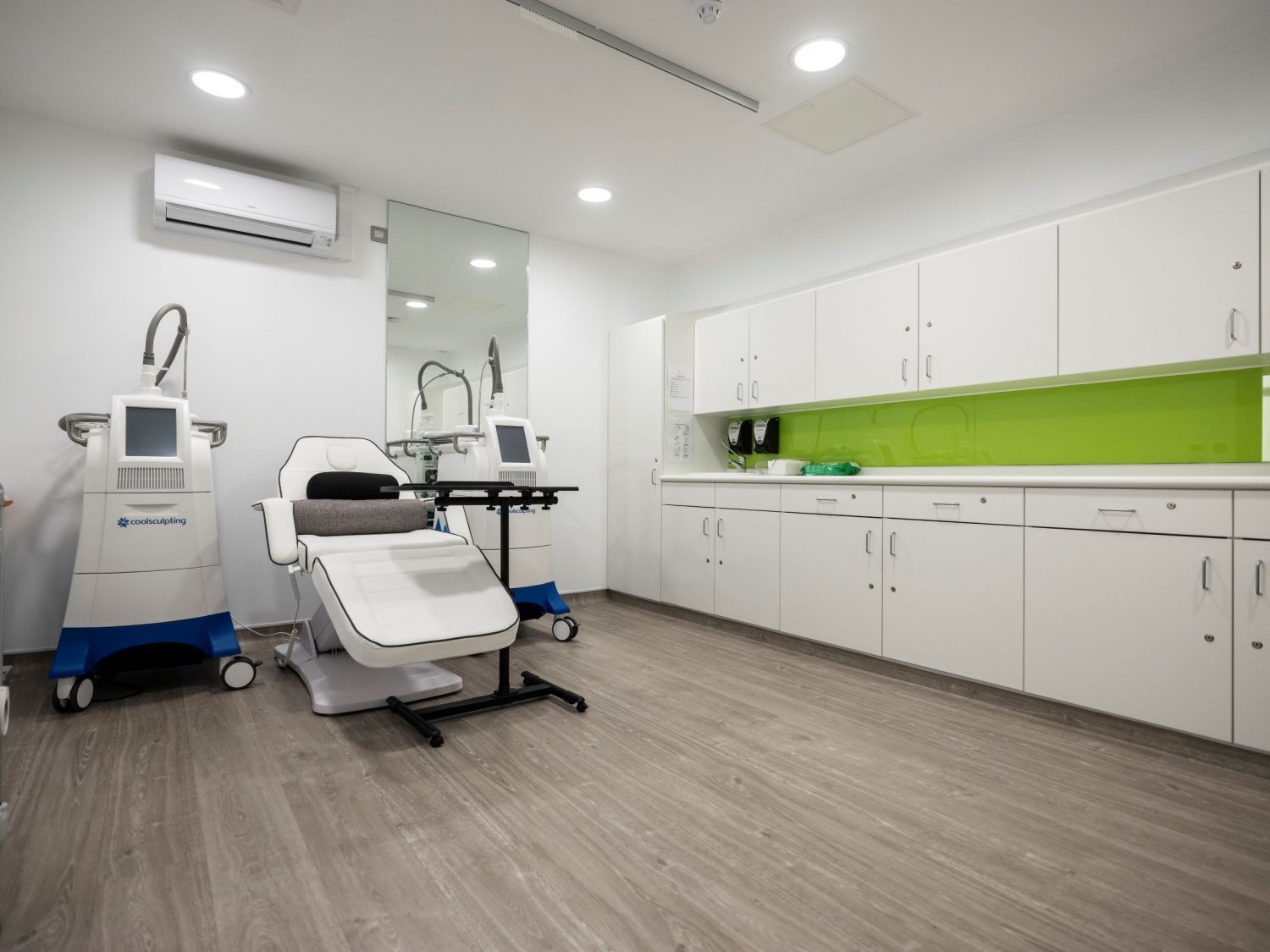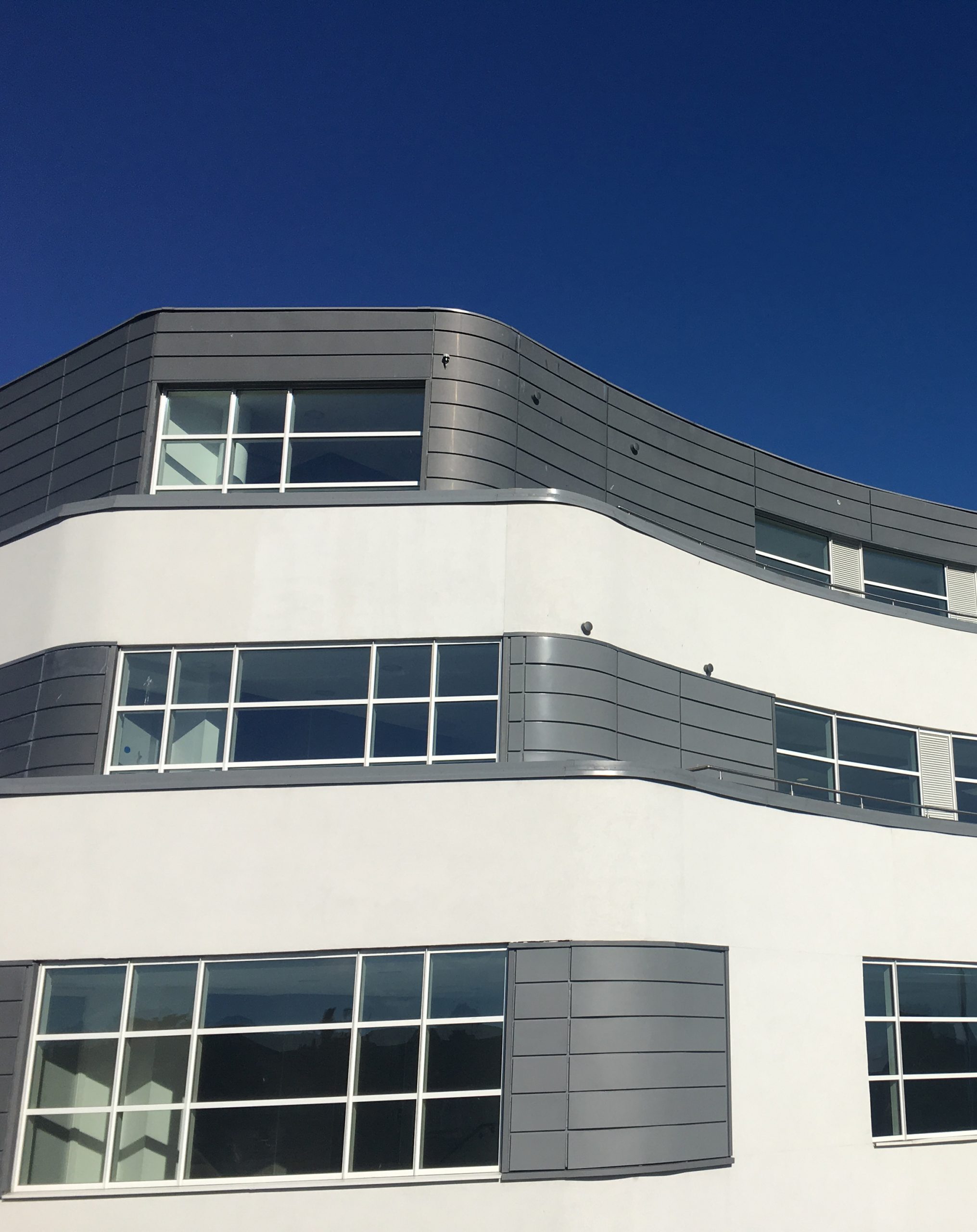Hand carpal tunnel syndrome can be extremely uncomfortable
Compression of the median nerve at the wrist is known as carpal tunnel syndrome. It can result in mild symptoms such as tingling of the fingers but can sometimes cause symptoms that interfere with your lifestyle, such as pain and weakness.
Often the treatment of carpal tunnel syndrome can be non-surgical but sometimes the pressure on the nerve needs surgical release which can usually be performed as a local-anaesthetic day surgery procedure.
Description
Carpal tunnel release can be performed in our day-surgery facility under a local anaesthetic. Physiotherapy can be arranged post-operatively to assist your recovery and return to function as quickly as possible.
Cost
Carpal Tunnel
from £750 (non-surgical) / £1500 (surgical)
Frequently Asked Questions
Making the decision to undergo surgical procedures can be a difficult one, and there are many questions you may have. Please read the frequently asked questions below which may answer any queries or ease any concerns you may have.
What does treatment for hand carpal tunnel syndrome involve?
Initial management might be non-surgical such as physiotherapy and steroid injections. If these fail or if your symptoms are severe (for instance muscle weakness or wasting) decompression of the nerve through surgery might be more appropriate.
What does surgery involve?
The hand carpal tunnel procedure is often performed under local anaesthetic and as a day case. The area is numbed with an injection and the ligament in the wrist that is crushing the nerve is released relieving pressure on the nerve. The operation usually takes less than 30 minutes.
Can I drive after the surgery?
As the operation involves the wrist and hand we recommend you do not drive after surgery. Recovery can take a few days before driving is comfortable and appropriate.
Will I need physiotherapy?
We recommend physiotherapy after surgery to assist you in your recovery so that you can return to normal function as soon as possible but it is not essential.
Our Clinic


Get In Touch
Follow Us










